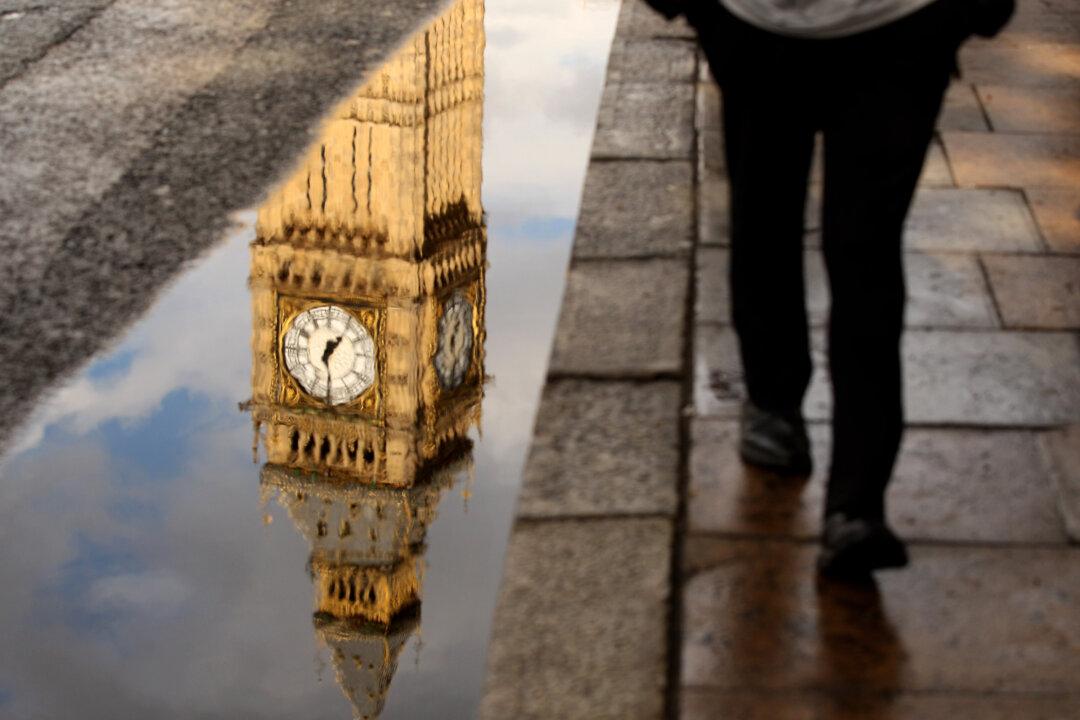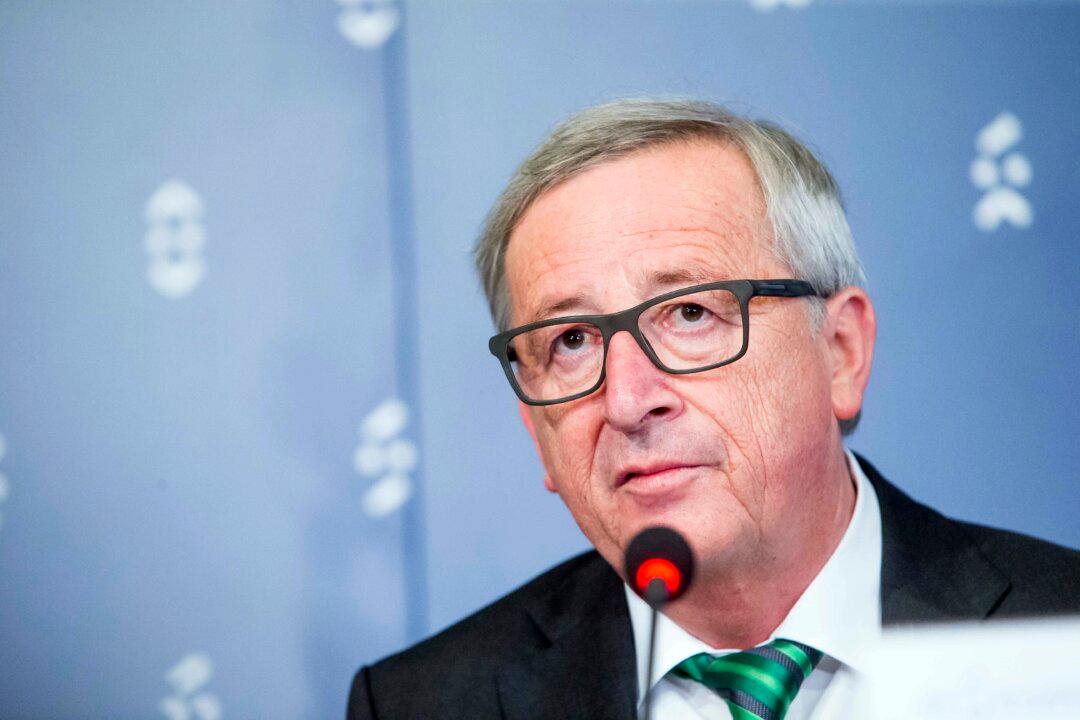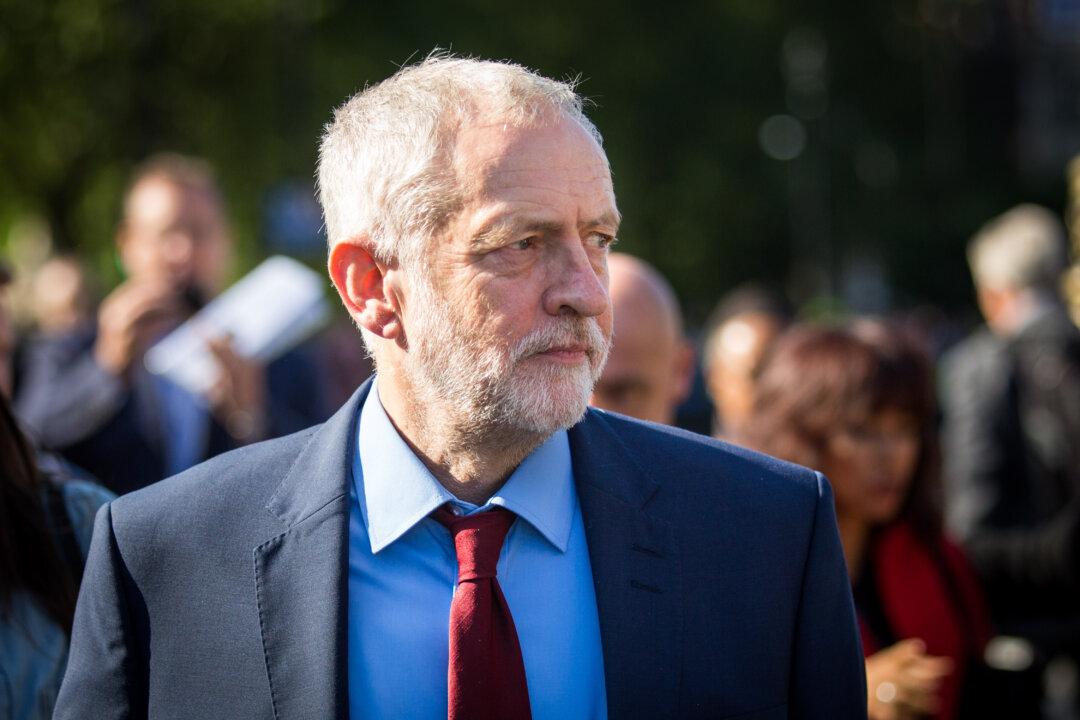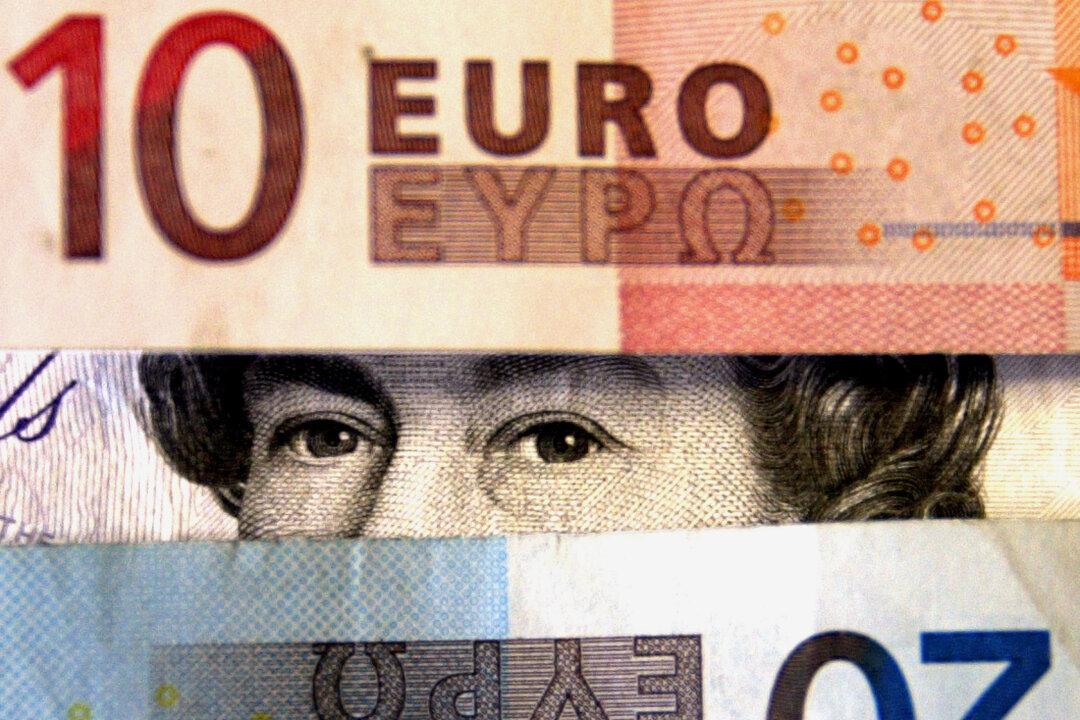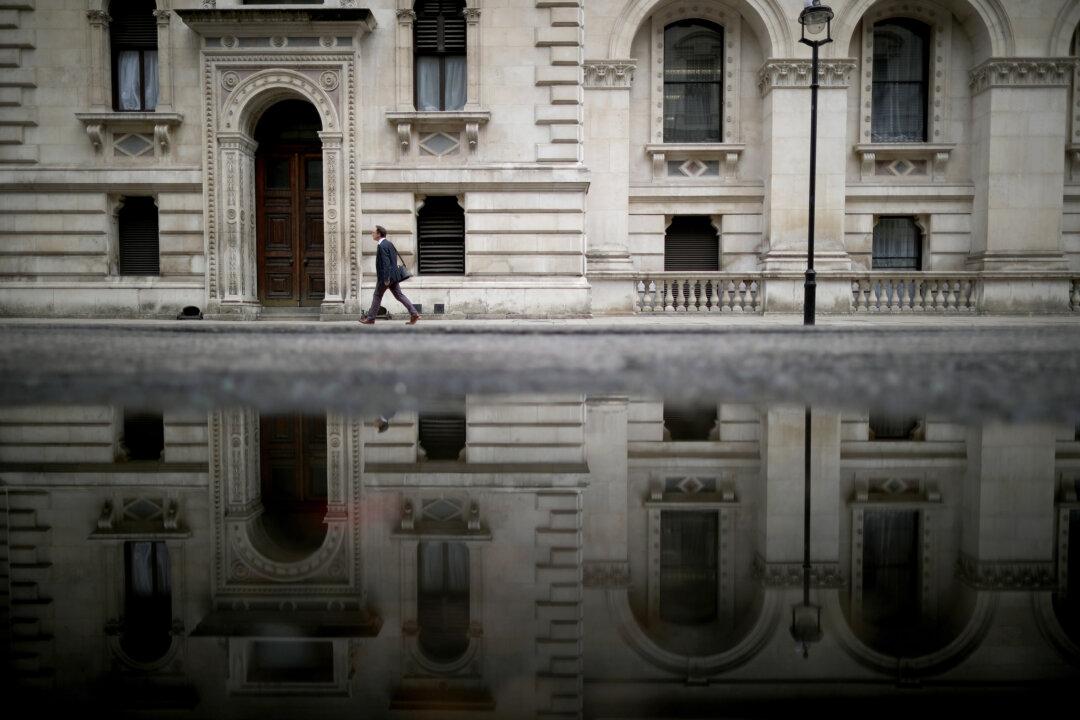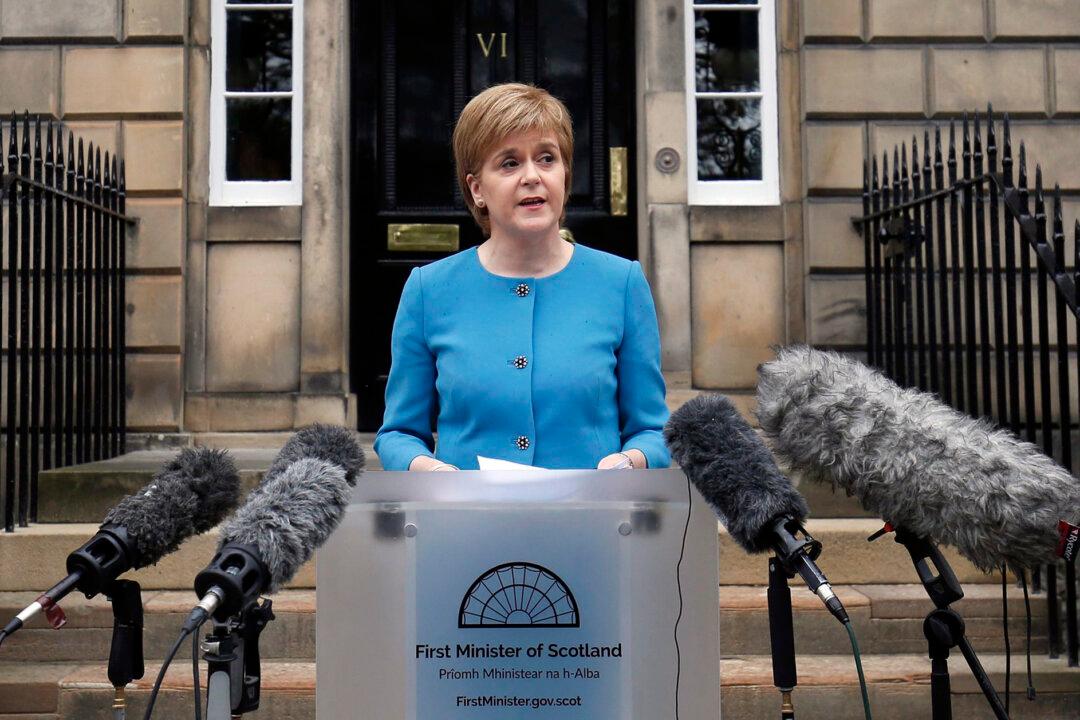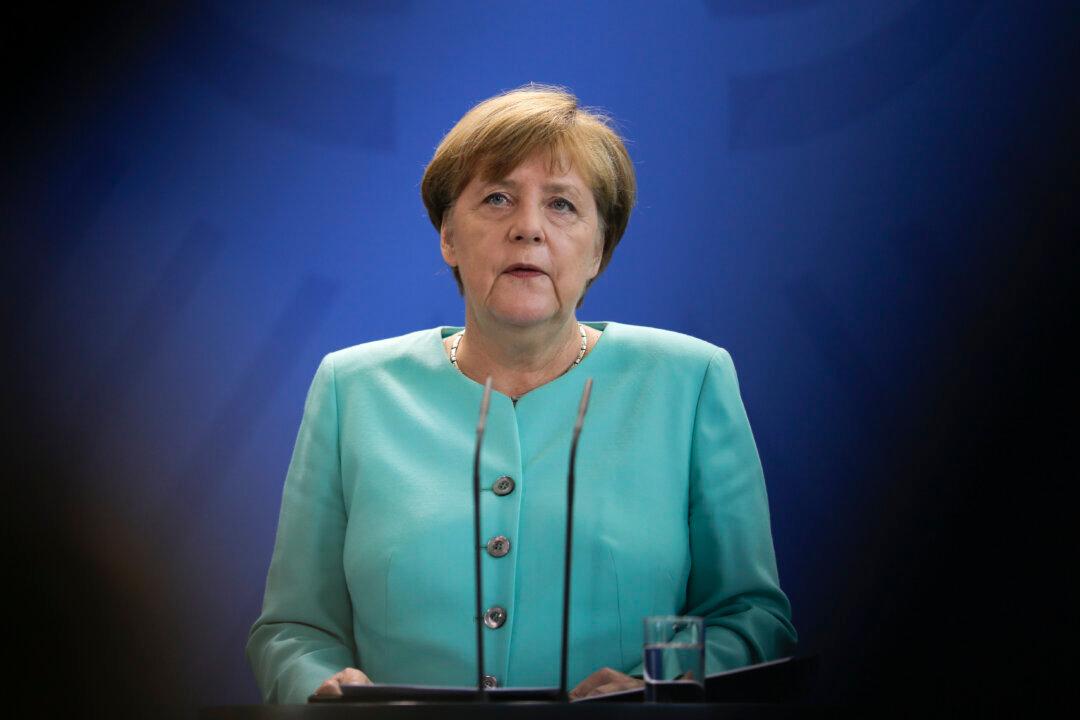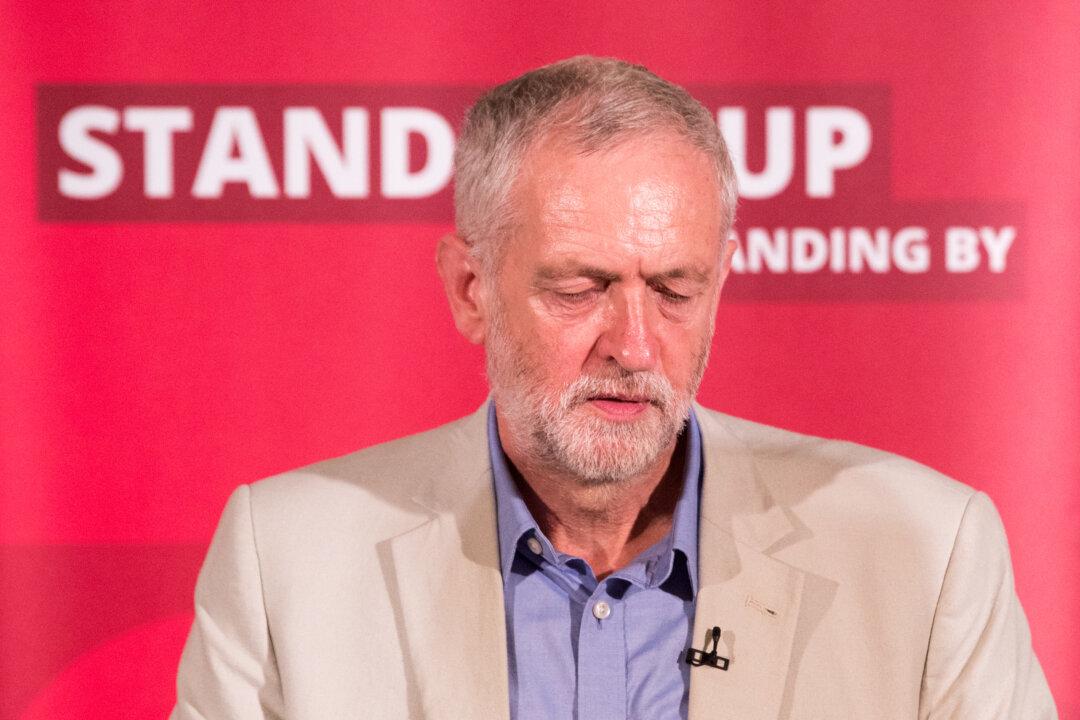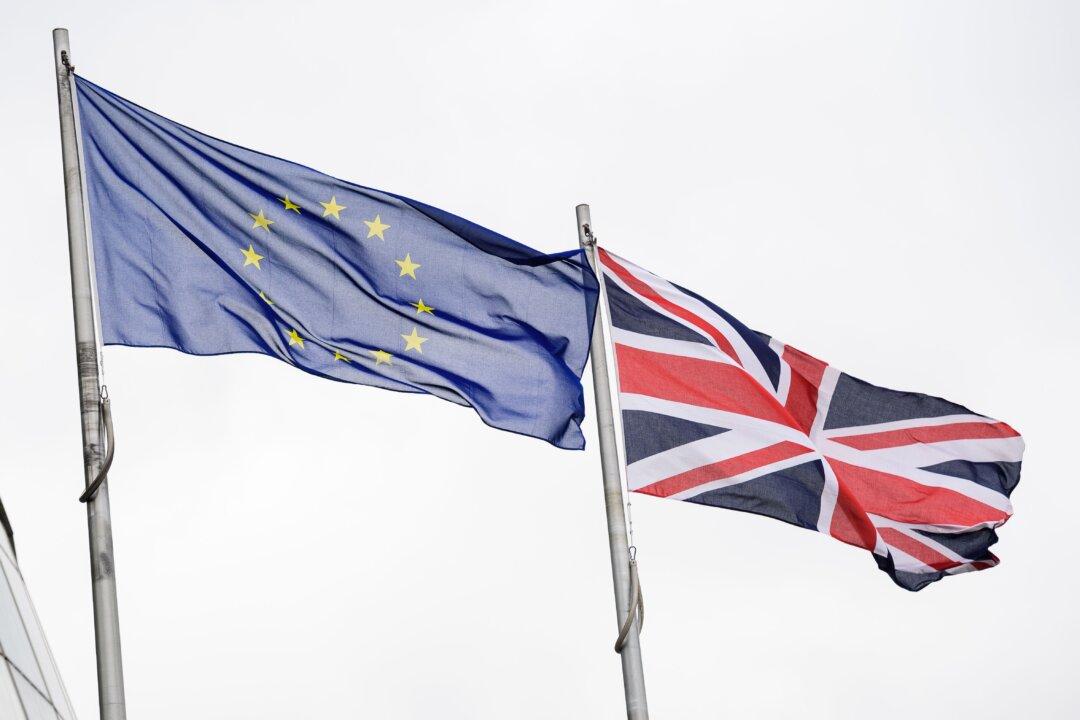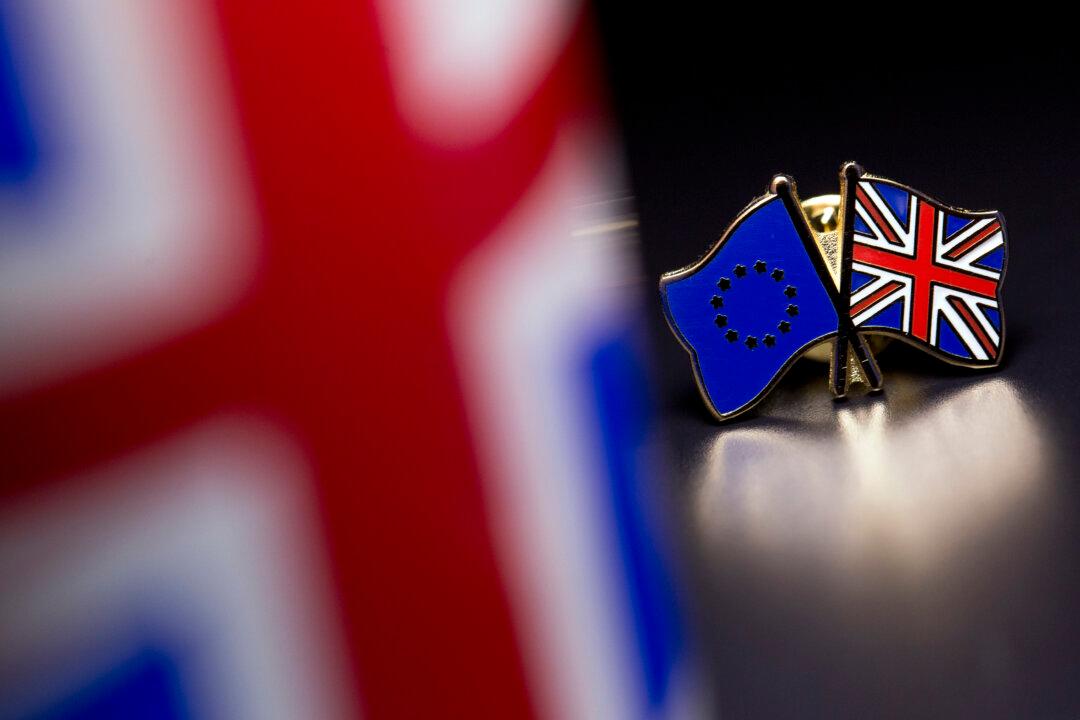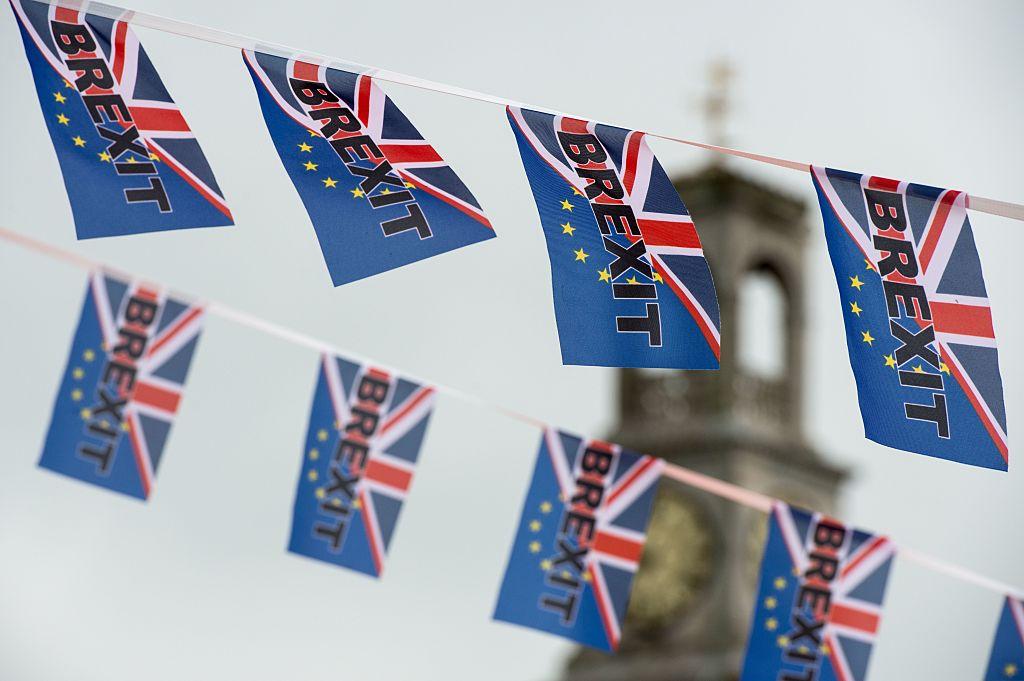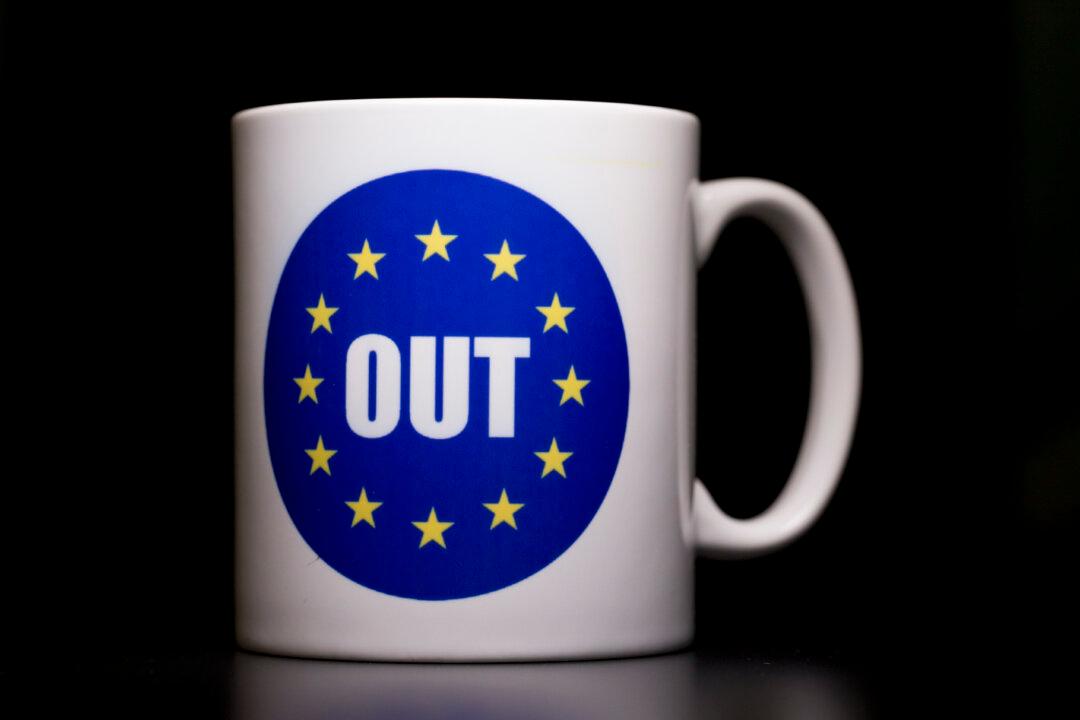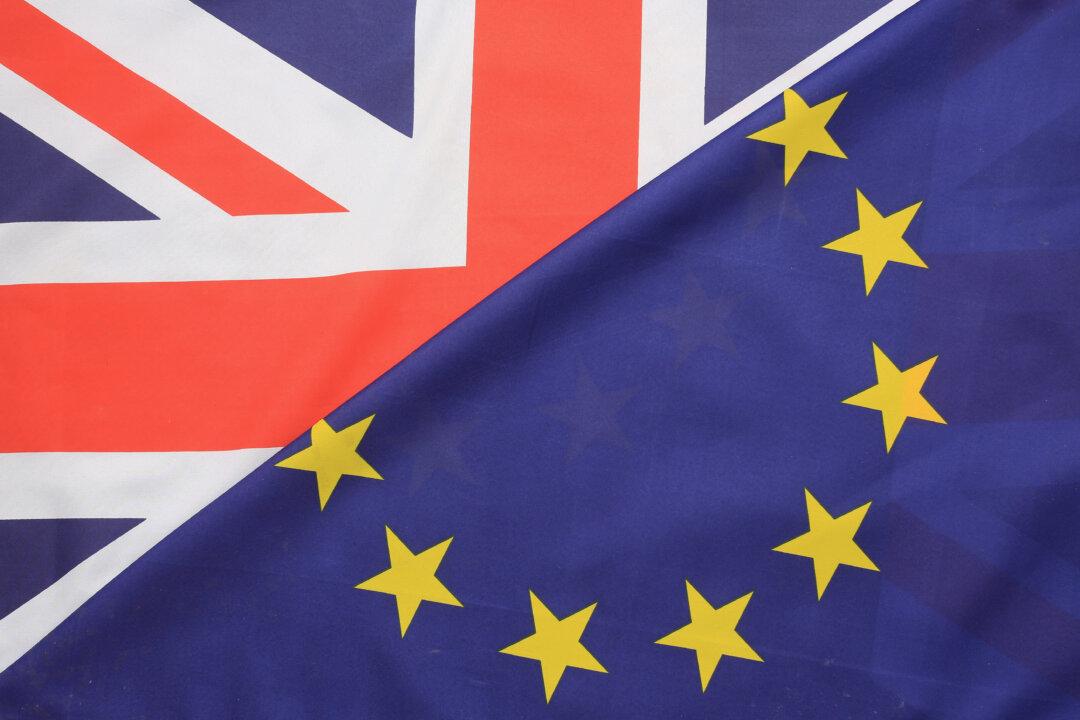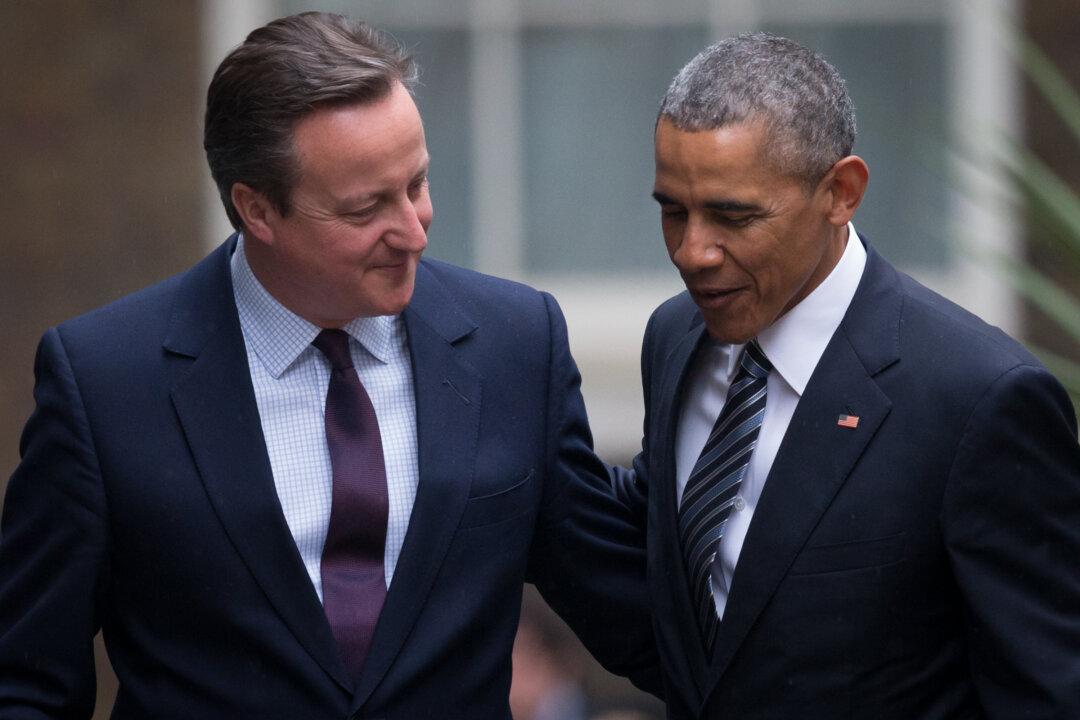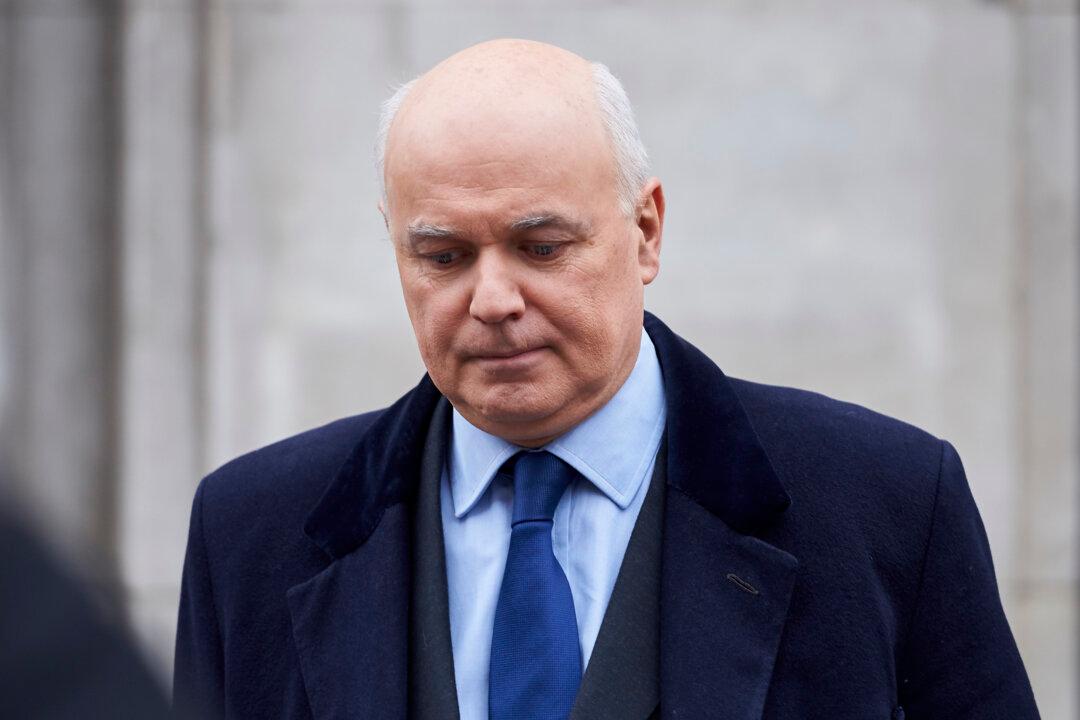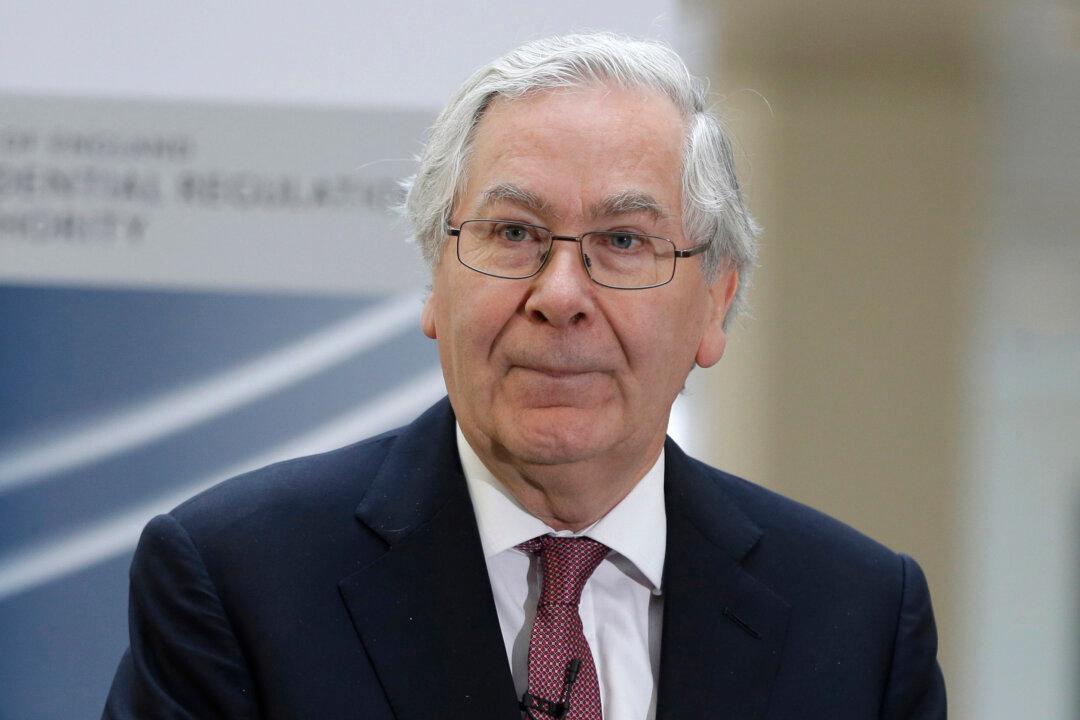Focus
EU referendum
LATEST
A Week After British Vote, Markets Take Stock
A week after Britain’s shocking vote to leave the European Union, markets seem to have pushed the pause button.
|
EU’s New Crises Raise Questions About What More Can Be Done
Europe in turmoil. Britain dealing the European Union a heavy blow. People power causing the EU great angst over what its mission should be. Terror strikes in a major capital.
|
Lessons From Brexit: The Fruits of Globalization Must Be Shared With Low- and Middle-Income Groups
After six decades of increasing global integration, Western nations are turning inwards.
|
Scottish Leader May Try to Block ‘Brexit’ as Turmoil Spreads
Scotland’s Parliament could attempt to block Britain from leaving the European Union, the Scottish leader said Sunday as the turmoil following the historic referendum spread and the leader of the opposition Labour Party faced an open revolt in his party.
|
London’s Global Financial Hub Wary of More Isolated Future
In the streets of the City of London, the heart of Britain’s global financial hub, it’s difficult to find someone who voted to leave the European Union.
|
Germany’s Merkel at Center Stage as EU Faces Brexit Fallout
Britain’s decision to leave the European Union puts German Chancellor Angela Merkel at center stage as the bloc seeks to preserve its unity and win back skeptical voters across the continent.
|
British Expatriates Fear for Their Future After UK Vote
Tad Dawson’s pub in this Spanish vacation town was doing a brisk business in the summer sun. The only dark clouds he saw were coming from the bar’s TV, tuned to a British news channel.
|
Labour Party Revolts Against Leader Over EU Vote Result
Labour Party leader Jeremy Corbyn is facing an open revolt as political turmoil continues to grip Britain after the country voted to leave the European Union.
|
Brexit and Burst? Britain’s Existential Crisis
The referendum on whether the United Kingdom should remain a member of the European Union is a wake-up call for the single market of 28 nations and more than 500 million people. The fury over economic and political cooperation that led to the referendum won’t subside once the results are known and could, in fact, intensify. “The future of Europe, the transatlantic alliance and the international liberal order are all in play, and the June 23 referendum has done little to settle them,” writes Daniel Twining, director at the German Marshall Fund of the United States. He urges E.U. and global leaders to contemplate the disturbing trends for democracies—a backlash against globalization, fears about diversity and immigration, mistrust over trade agreements and uneven distribution of benefits, and fragmentation as nations withdraw from global challenges demanding cooperation. Twining suggests that rising populism and “domestic insurgencies will roil the ranks of the major powers, with potentially widespread strategic and economic consequences for the fragile international system.”
|
Could British EU Exit Be Watershed for Global Economy?
A British exit from the European Union could cause global market swings for a while. But that would soon pass. If we’re lucky, that is.
|
Do 89 Percent of Businesses Really Support UK Remaining in EU?
“Independent poll: 89% of businesses back staying in Europe,” Britain Stronger in Europe campaign claim. But is this accurate?
|
UKIP Founder: Why Britain Must Leave the European Union
For an E.U. already seething with popular discontent and a eurozone still hovering on the brink of dissolution, Brexit represents an existential challenge.
|
What Has the EU Ever Done for Us?
For 60 years, the E.U. has been the foundation of peace between European neighbors after centuries of bloodshed. It has assisted the political, social, and economic transformation of 14 former dictatorships.
|
Brexit: Taking the Great Out of Britain
It’s not every day we get to see a country seemingly intent on committing political suicide.
|
Iain Duncan Smith Resignation: Flesh Wound or More Serious Blow to Cameron?
If there were a Richter Scale of Political Resignations, then prime ministers such as Margaret Thatcher, Harold Wilson, and Harold Macmillan would register at the very top—on nine.
|
Ex-Bank of England Chief Says Euro a ‘Very Serious Problem’
The European single currency is a serious problem for Britain whether or not the country leaves the European Union, a former governor of the Bank of England said Sunday.
|
A Week After British Vote, Markets Take Stock
A week after Britain’s shocking vote to leave the European Union, markets seem to have pushed the pause button.
|
EU’s New Crises Raise Questions About What More Can Be Done
Europe in turmoil. Britain dealing the European Union a heavy blow. People power causing the EU great angst over what its mission should be. Terror strikes in a major capital.
|
Lessons From Brexit: The Fruits of Globalization Must Be Shared With Low- and Middle-Income Groups
After six decades of increasing global integration, Western nations are turning inwards.
|
Scottish Leader May Try to Block ‘Brexit’ as Turmoil Spreads
Scotland’s Parliament could attempt to block Britain from leaving the European Union, the Scottish leader said Sunday as the turmoil following the historic referendum spread and the leader of the opposition Labour Party faced an open revolt in his party.
|
London’s Global Financial Hub Wary of More Isolated Future
In the streets of the City of London, the heart of Britain’s global financial hub, it’s difficult to find someone who voted to leave the European Union.
|
Germany’s Merkel at Center Stage as EU Faces Brexit Fallout
Britain’s decision to leave the European Union puts German Chancellor Angela Merkel at center stage as the bloc seeks to preserve its unity and win back skeptical voters across the continent.
|
British Expatriates Fear for Their Future After UK Vote
Tad Dawson’s pub in this Spanish vacation town was doing a brisk business in the summer sun. The only dark clouds he saw were coming from the bar’s TV, tuned to a British news channel.
|
Labour Party Revolts Against Leader Over EU Vote Result
Labour Party leader Jeremy Corbyn is facing an open revolt as political turmoil continues to grip Britain after the country voted to leave the European Union.
|
Brexit and Burst? Britain’s Existential Crisis
The referendum on whether the United Kingdom should remain a member of the European Union is a wake-up call for the single market of 28 nations and more than 500 million people. The fury over economic and political cooperation that led to the referendum won’t subside once the results are known and could, in fact, intensify. “The future of Europe, the transatlantic alliance and the international liberal order are all in play, and the June 23 referendum has done little to settle them,” writes Daniel Twining, director at the German Marshall Fund of the United States. He urges E.U. and global leaders to contemplate the disturbing trends for democracies—a backlash against globalization, fears about diversity and immigration, mistrust over trade agreements and uneven distribution of benefits, and fragmentation as nations withdraw from global challenges demanding cooperation. Twining suggests that rising populism and “domestic insurgencies will roil the ranks of the major powers, with potentially widespread strategic and economic consequences for the fragile international system.”
|
Could British EU Exit Be Watershed for Global Economy?
A British exit from the European Union could cause global market swings for a while. But that would soon pass. If we’re lucky, that is.
|
Do 89 Percent of Businesses Really Support UK Remaining in EU?
“Independent poll: 89% of businesses back staying in Europe,” Britain Stronger in Europe campaign claim. But is this accurate?
|
UKIP Founder: Why Britain Must Leave the European Union
For an E.U. already seething with popular discontent and a eurozone still hovering on the brink of dissolution, Brexit represents an existential challenge.
|
What Has the EU Ever Done for Us?
For 60 years, the E.U. has been the foundation of peace between European neighbors after centuries of bloodshed. It has assisted the political, social, and economic transformation of 14 former dictatorships.
|
Brexit: Taking the Great Out of Britain
It’s not every day we get to see a country seemingly intent on committing political suicide.
|
Iain Duncan Smith Resignation: Flesh Wound or More Serious Blow to Cameron?
If there were a Richter Scale of Political Resignations, then prime ministers such as Margaret Thatcher, Harold Wilson, and Harold Macmillan would register at the very top—on nine.
|
Ex-Bank of England Chief Says Euro a ‘Very Serious Problem’
The European single currency is a serious problem for Britain whether or not the country leaves the European Union, a former governor of the Bank of England said Sunday.
|

